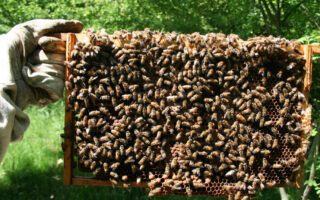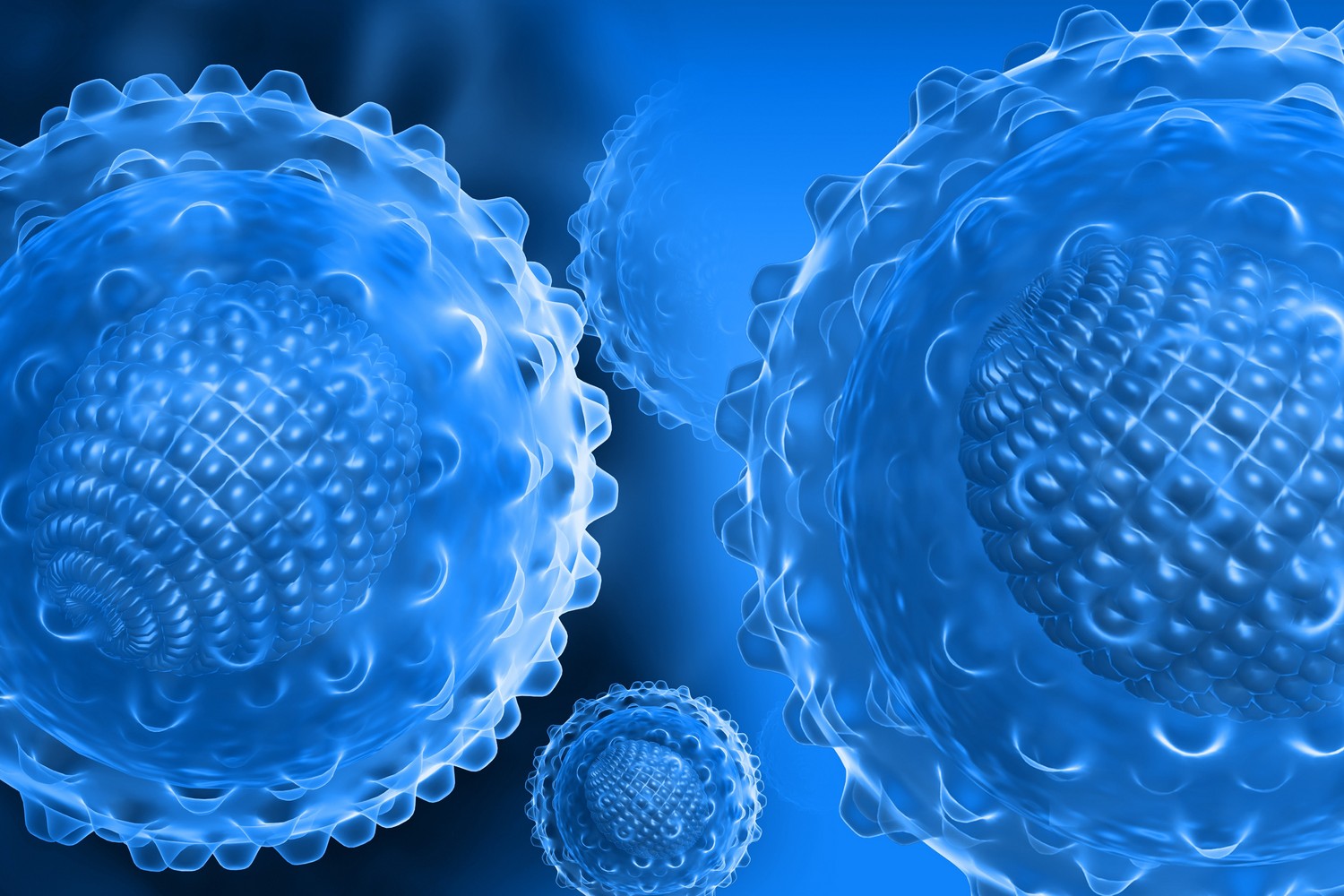COVID-19大流行正在推动全球对医疗用品、设备和清洁剂的需求。仅就个人防护用品而言世界卫生组织据估计,全世界每月需要8900万个医用口罩、7600万个检查手套和160万个护目镜。为了满足这一需求,世卫组织建议该行业需要增加40%的产量。化学工业正以多种方式迎接这一挑战。从生产更多的化学品,如试剂和溶剂,从原材料到转换生产线生产消毒剂或医疗用品,化学工业已经显示出满足需求的创造力。但在应对当前危机的同时,值得考虑流感大流行对该行业的长期影响。
The Chemical Industry is a Key Player in Tackling COVID-19
The medical, healthcare and pharmaceuticals sectors are key consumers of chemicals such as raw ingredients, refined reagents, solvents and finished products – and demand has increased dramatically due to the COVID-19 pandemic. Governments across the globe have therefore identified the chemical industry as a critical infrastructure. That means chemical industry workers are maintaining normal work schedules related to all chemical supply chain activities, manufacture, production and transportation of raw materials or finished chemical products.
Chemicals Industry Materials in Demand
TheAmerican Chemistry Council(ACC) have created infographics explaining what chemicals contribute to medical equipment, supplies and cleaning products. In terms of value of input materials, chemicals contribute:
- 75% of materials incleaning compoundslike detergents, disinfectants and hand sanitizers
- 27%的材料医疗设备like N95 face masks, disposable gowns and diagnostic equipment
- 25% of materials in医疗物资比如护目镜,手套,管子和手术器械。
As well as producing intermediary chemicals, such as solvents and reagents, many chemical companies are also producing final products and finished items.
Disinfectants and cleaning agents
Various countries havereported消毒剂活性成分供应链短缺。其中包括乙醇、丙醇(异丙醇)、氯化苄、乙基氯化苄和氯甲烷。许多监管者已经作出回应,给予减损或监管豁免,允许生产非批准的活性成分或产品从非批准的供应商。化学工业的反应是扩大活性成分和最终产品的生产。其他公司也参与进来,例如,酒精饮料生产商现在正在生产洗手液,或者向消毒剂生产商供应变性酒精。
See our blog onhand disinfectantsto learn more about the change in biocide regulatory approach in Europe.
PPE
PPE is critical in barrier nursing, which is used to manage patients with coronavirus infection to reduce the spread of infection. The WHO providedguidance(March 19, 2020) on optimizing PPE use, with many countries providing tailored public health guidance. The PPE required when working with a COVID-patient includes masks/respirators (N95 or FFP2 standard), gown (or apron), gloves and eye protection (goggles or face shield).
Surgical gowns are often constructed from synthetic fibers like polypropylene or polyethylene. Single use gowns are usually made from non-woven sheets composed of wood pulp and polyester. Gloves are generally made from neoprene, polyisoprene or nitrile. Eye protection like safety visors can be made from polycarbonate, propionate, acetate, polyvinyl chloride or polyethylene terephthalate glycol (PETG).
PPE levels are running low in many healthcare settings across the world, with many行业, as well as the chemical industry, responding to demand.
Tests for COVID-19
Although different countries have adopted slightly different approaches to COVID-19 testing, they generally test people for two things:
- 活动性感染:根据从鼻和口中采集的拭子样本,通过PCR检测病毒RNA的存在。这通常被称为抗原检测。
- 感染史:通过测量个人在感染COVID-19时产生的抗体。用免疫分析法从血样中测量抗体。
Many companies are scaling-up testing capabilities for PCR and developing antibody tests. For example,Labcorp正在进行大规模的COVID-19测试antigen testing while also developing and validating new assays.
With increasing demand for testing worldwide, concerns about the availability of core test items like reagents, swabs, transport media and test vials have been growing. These are all manufactured using chemicals, many derived from petroleum.
How has the Chemical Industry Responded to the COVID-19 Pandemic
The响应of chemical companies to support individuals and communities during the coronavirus outbreak has been multifactorial and rapid, including:
- Practical changes in working practices within manufacturing plants and factories to support staff
- 核心化学品和设备的扩大生产
- 生产线的变化,以制造关键项目,如洗手液
- Innovations in product development and working practices
- Forging of new partnerships and supplier relationships
- Donations of PPE direct to local hospitals.
业界应该为自己在抗击全球COVID-19大流行中的反应和作用感到自豪。
What’s the Longer-term Impact of COVID-19 on the Chemical Industry?
化工企业正集中精力应对当前的危机,这是正确的,但由于对经济衰退的担忧即将出现,前景可能具有挑战性。此外,COVID-19大流行突出了可能对整个化学工业产生长期影响的问题。
Long-term Economic Downturn
The国际货币基金组织(International Monetary Fund) estimates that global economic growth could fall by 3% in 2020 due to the great COVID-19 lockdown, with both advanced and emerging economies in recession. This will have a major impact on demand for chemicals. Variations in industrial demand for chemicals are already being felt, as sectors like the automotive industry are at a standstill.
Re-evaluating Supply Chains
化工行业的供应链非常开掘dent on China. With the disruption caused by COVID-19, many companies and governments may be rethinking supply chain security. This may mean looking to alternative sources nearer to home.
Impact on the Regulatory Environment
There has been some relaxation of chemical regulation and monitoring to facilitate the urgent response to COVID-19. There may be a backlash from environmental groups who believe chemical companies see this relaxation as a ‘licence to pollute’. In fact, several non-governmental organizations (NGOs) have recentlyfiled a lawsuitagainst the US Environmental Protection Agency (EPA) for its revised enforcement monitoring policy.
The current regulatory changes and derogations are intended to be temporary. However, it will be interesting to see if they spark a debate about the value of longer-term relaxations.
应用经验教训
应对这场大流行危机的一个关键方面是,来自不同行业的公司合作设计解决方案的方式。这种创新的、灵活的、跨部门的方法可能激发了新的思维方式和工作方式,可能会彻底改变工业的未来。
Conclusions
The coronavirus has caused huge numbers of deaths worldwide and may have caused long-term damage to the global economy. The chemical industry has risen to the crisis and continues to respond through the timely production of critical medical and healthcare supplies.












